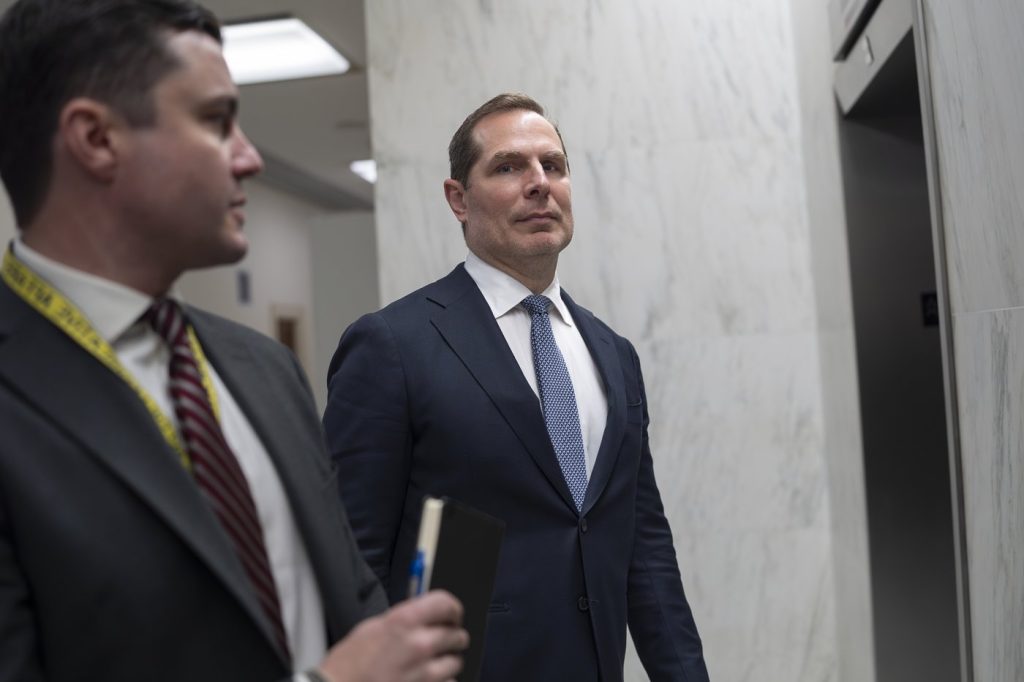In a significant shift within the U.S. government, a senior official from Elon Musk's Department of Government Efficiency (DOGE) is now taking on a leadership role at the U.S. Agency for International Development (USAID). This move gives DOGE direct influence over an agency it has previously aimed to dismantle. The announcement was made by Pete Marocco, who was serving as the deputy head of USAID under the Trump administration.
Marocco's email, which was acquired by the Associated Press, indicated that he would now lead the State Department's foreign assistance efforts. Under his and DOGE's oversight, a staggering 83% of USAID contracts were eliminated, with the remaining programs being transferred to the State Department. This reduction in service has raised concerns among various stakeholders, prompting backlash against the administration's drastic measures.
In his communication, Marocco also revealed that Secretary of State Marco Rubio has appointed Jeremy Lewin as the new deputy administrator for policy and programs at USAID, as well as the agency's chief operating officer. Lewin is known for his collaboration with Musk's government-reduction initiatives across federal agencies, including USAID. Furthermore, Kenneth Jackson was designated as the administrator for management and resources and will also take on the role of chief financial officer for the agency. Jackson has previously served as the acting president of the U.S. Institute for Peace, a think tank created to advocate for conflict resolution.
The announcement of these appointments coincides with a judicial ruling by U.S. District Judge Theodore Chuang in Maryland. The judge ruled that Musk and DOGE appeared to overstep their constitutional authority in their attempt to assist the Trump administration in shutting down foreign assistance funding from the State Department and USAID. This ruling was issued on a lawsuit filed by USAID employees and contractors, who contended that the powers exercised by Musk and DOGE should only belong to appointed officials or those elected. The judge's decision effectively halts many of DOGE’s cuts to the agency, reversing a significant portion of the dismantlement efforts.
This judicial intervention underscores the ongoing tensions between government efficiency initiatives and constitutional governance. Critics argue that the actions of Musk and DOGE can undermine the integrity of federal agencies and their essential services to underserved populations globally. The ruling, which blocks further cuts to USAID, not only protects the agency's operational framework but also serves as a precedent challenging the power dynamics between appointed officials and those who are directly confirmed through electoral or Senate processes.
The shifts occurring within the U.S. government, particularly concerning leadership at USAID and its significant reduction in funding and scope of work, highlight the complex interplay of political, legal, and ethical considerations in contemporary governance. As this situation unfolds, the implications for foreign assistance programs and their ability to respond to humanitarian needs worldwide remain uncertain.










